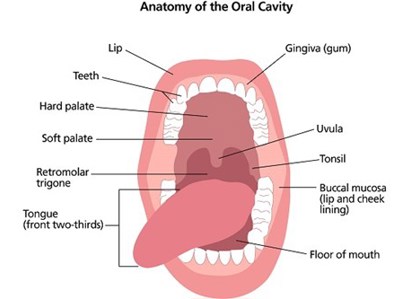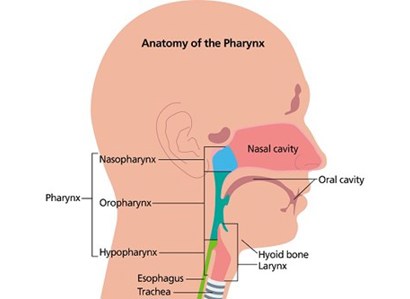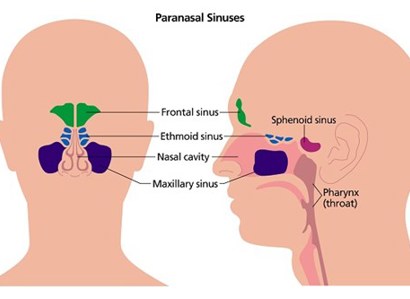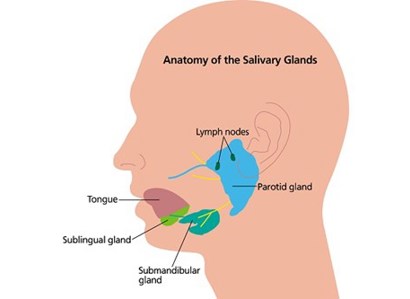
Mouth cancer
Mouth cancer can develop on the lip, tongue, or anywhere inside the mouth.
Read Mouth cancer Article
Mouth cancer can develop on the lip, tongue, or anywhere inside the mouth.
Read Mouth cancer Article
Throat cancer usually means the parts called the pharynx and the larynx.
Read Throat cancer Article
The nasopharynx is the upper part of the throat, behind the nose.
Read Nasopharyngeal cancer Article
These are cancers in the inside of the nose or sinuses.
Read Nasal and sinus cancers Article
Cancer in the salivary gland is very rare.
Read Salivary gland cancers Article© 2024 The Christie NHS Foundation Trust